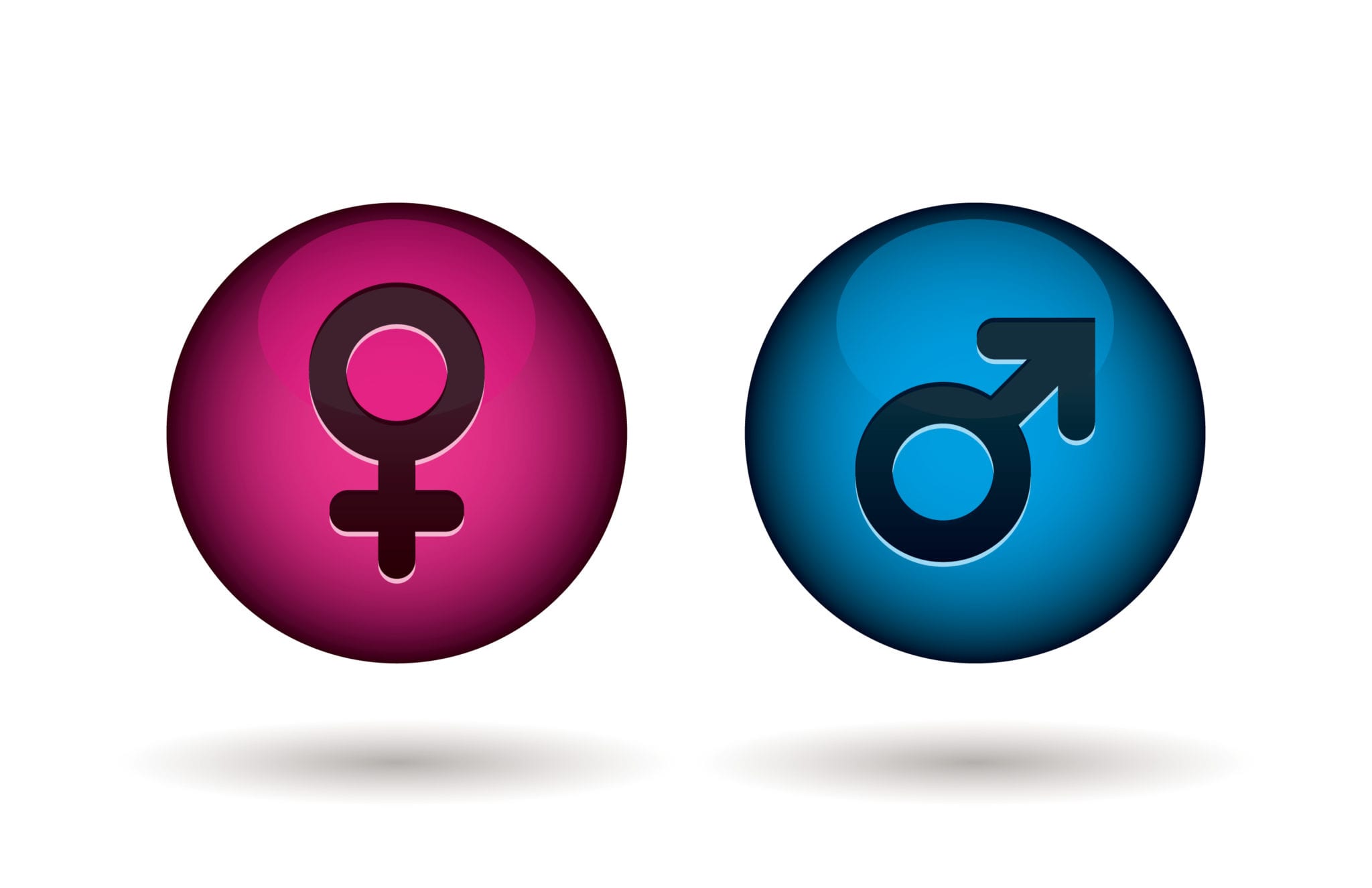Search Results for: misnomer
Early Signs of a Pregnancy
If you miss a period, that’s a hallmark sign that a baby is on the way. However, you may start to experience additional signs of pregnancy shortly after your conceive, sometimes within a mere three weeks, according to the Mayo Clinic. Every woman’s body is different, so no two pregnancies will be exactly the same.
If All the Men on Earth Died Tonight…
Ooooo, I said when I saw the recent New York Times Op-Ed piece, provocatively titled, Men, Who Needs Them?. The author – a man – argued the following (although I have rearranged the order of his points):
Can Morning Sickness Occur at Night?
Pregnant women are said to have a “glow” about them. While this is usually meant as a compliment, some newly pregnant moms might feel more green around the gills than glowing with good health. Morning sickness is a term used to describe a group of symptoms usually associated with early pregnancy. Up to 90 percent of pregnant women suffer from nausea, according to the University of Maryland Medical Center, and some suffer from more serious symptoms as well.
Swine Flu & Hand Sanitizer
Although the term “swine flu” may be a misnomer–swine flu is not from pigs–nobody wants to get this flu. Symptoms are fever, sore throat, cough, stuffy or runny nose, headaches, body aches, fatigue and chills. More accurately renamed H1N1, the World Health Organization (WHO) declared this virus a pandemic in June 2009. When new viruses become pandemics, the possibility exists that the virus will circulate in the future, according to the Centers for Disease Control and Prevention (CDC).
Development During the First Month of Pregnancy
Technically, by the time you are considered four weeks, or one month into your pregnancy, your baby has only been developing for two weeks. This is because a pregnancy is calculated from the first day of your last menstrual cycle. For most women, this is at least two weeks before conception even occurred. In the first month, your baby’s development takes you into your sixth week of pregnancy.





